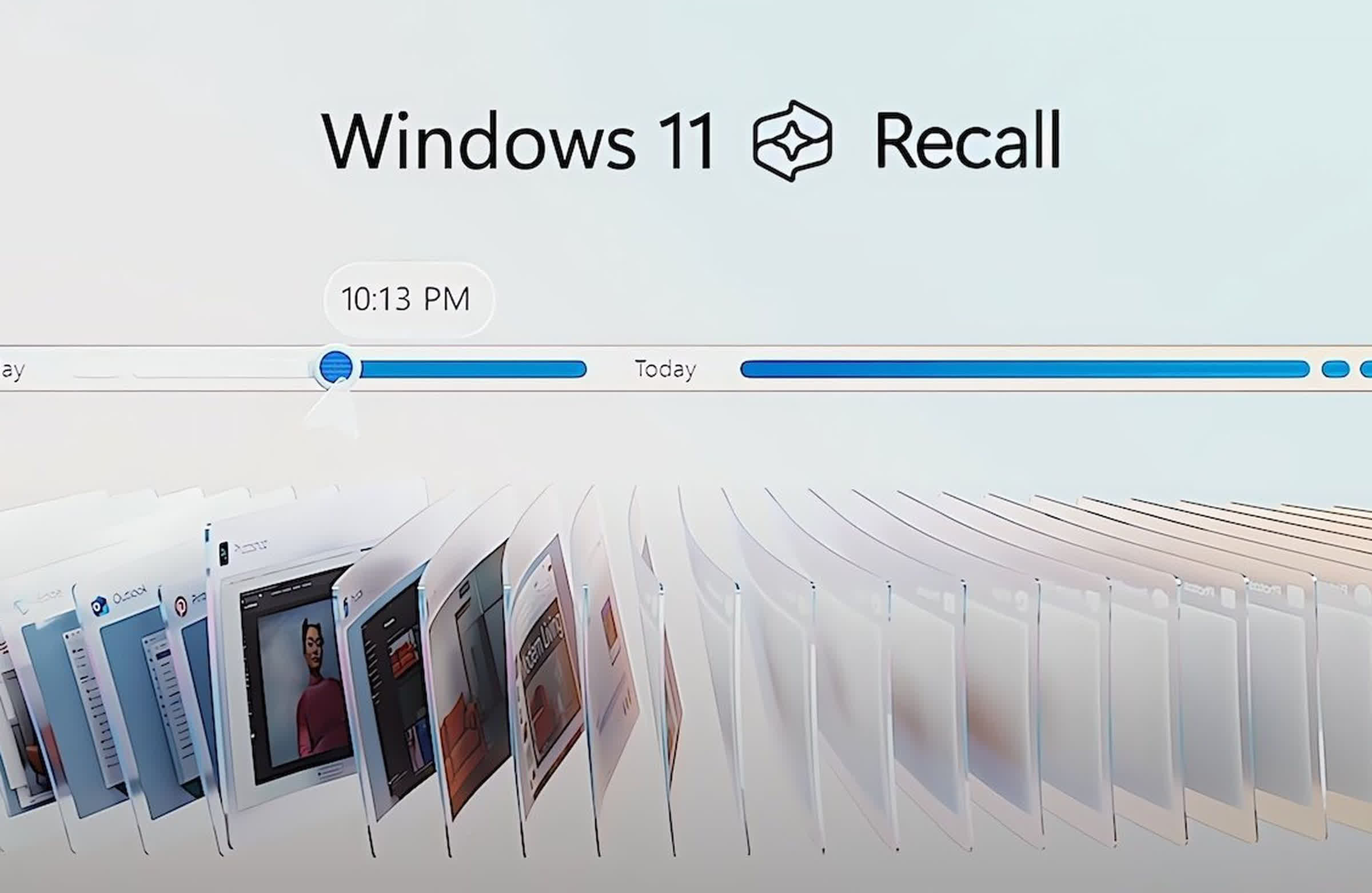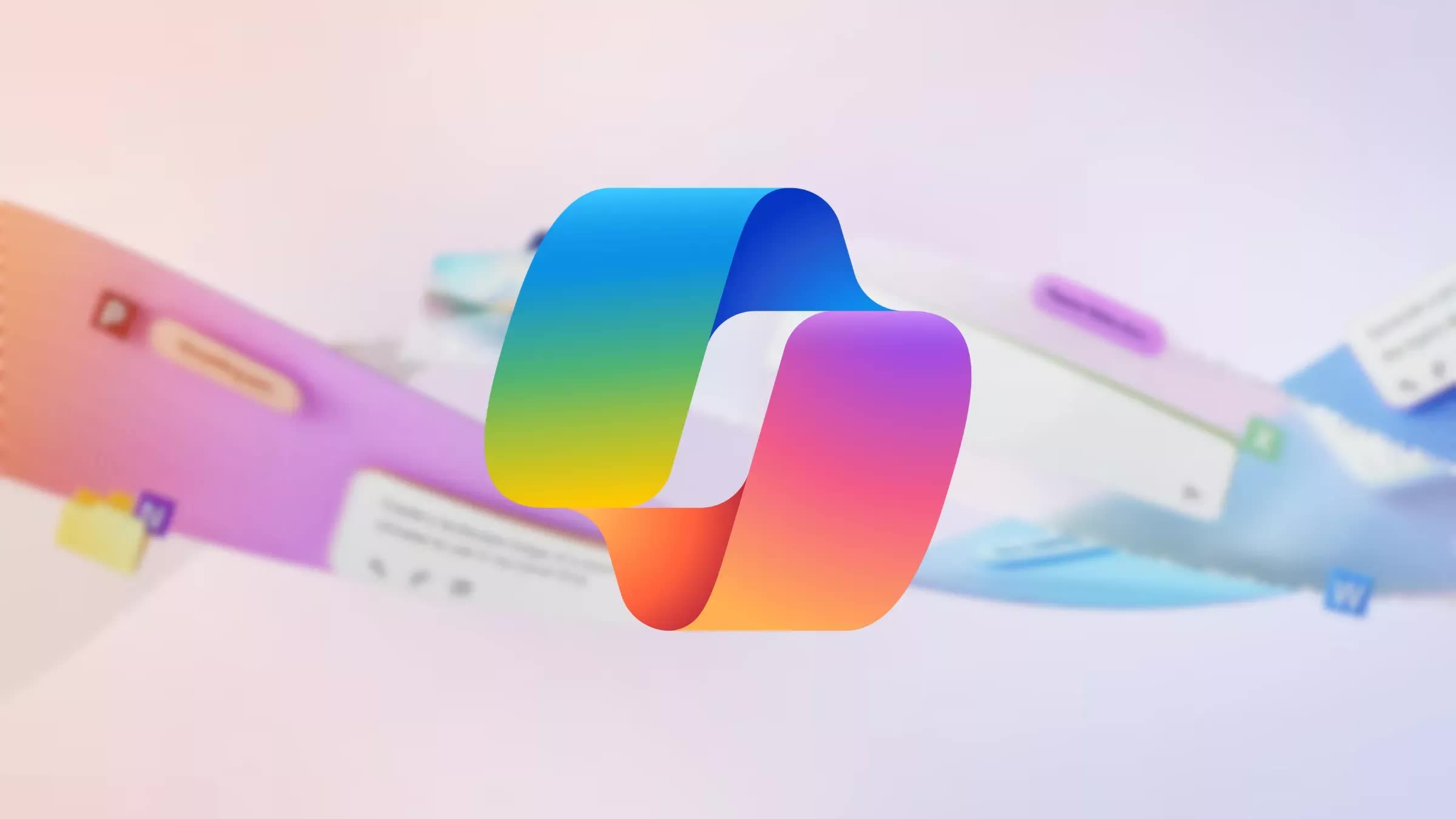Editor's take: Microsoft is testing a new Recall "export experience" for unpaid beta testers in the Windows Insider program that it was forced to build to comply with European laws. That said, we still believe every Windows user with a sane mind should simply disable and uninstall the entire Recall mess – for good.
Microsoft recently released a new Windows 11 Preview Build to the Beta Channel for Windows Insiders (KB5060816). The update includes a significant addition for owners of Copilot+ PCs using Recall: an export option for snapshots saved on the local system. This option is only available to Windows Insider testers living in the European Economic Area, as Microsoft was required to comply with EU laws and regulations.
European users can now export their Recall snapshots and share them with third-party applications or websites, Microsoft explained. For security and privacy reasons, the export process is somewhat complex and revolves around an export code displayed by Recall during its first run. This code is shown only once, and neither Microsoft nor any other party can recover it later.
The export code is required to decrypt the snapshots. If a user loses the code, the only option is to reset Recall, delete all existing snapshots, and receive a new code that must be safely stored.

Microsoft's official guide on Recall exports states that users can choose to export snapshots saved during the past seven days, the past month, or since Recall's first activation. After saving the snapshots to an external folder, the data can be copied or shared at the user's discretion.
Users can also choose to automatically export Recall snapshots going forward, Microsoft added. Exported snapshots will always be encrypted. System administrators can configure Recall exports through the new AllowRecallExport policy in Group Policy settings. By default, export is disabled on managed devices, and the feature can only function if a single user or employee initiates it.
Recall is among the most controversial Windows features ever conceived. The tool captures desktop snapshots every few seconds, recording everything that happens on the screen.
Recall was widely criticized as a privacy nightmare when it was first introduced in 2024, and it remains an absolute privacy nightmare today. Users who truly value their privacy or data security should strongly reconsider enabling the feature.
Many software developers have already begun to distance themselves from what they see as Microsoft's dystopian attempt to turn every Windows PC into a data-harvesting machine designed to fuel the AI hype cycle.
